Please feel free to contact us if you are interested in our products or want to know more details or the latest price. We sincerely hope to cooperate with customers all over the world! Send your inquiry now!
Cooking oil processing machines which can process various oil seeds, including peanut, soybean, sunflower seed, palm, palm kernel, sesame, rapeseed, cotton seed, etc.,
spiralmustard oil refinery plant price in pakistan
- Use: mustard oil
- Type: mustard oil refinery plant
- Production Capacity: 100%cooking oil extrction machine
- Model Number: cooking oil extrction machine
- Voltage: 220V/380V/440V
- Power(W): 10-50kw
- Dimension(L*W*H): 1200*400*900mm3
- Weight: According to processing capacity
- Certification: CE ISO BV SGS
- Item: cooking oil extrction machine
- Raw material: Vegetable Seed
- Steam pressure: ≥1.2MPa
- Voltatile substance in crude oil: ≤0.3%
- Steam consumption in refining: ≤280kg/ton of oil
- Oil residue in waste clay: ≤25% of waste clay
- Solvent contain in crude oil: ≤200ppm
- Oil residue in meal: <1%
- Warranty: 2years
- Feature: High Oil Yield Efficiency
- Market: pakistan
Pakistan's Oil Refinery Policy 2023 presented to Cabinet
Pakistan's "Oil Refinery Policy 2023" has finally been presented to the Cabinet Committee for approval in the form of a draft. This development marks a significant step towards the planned establishment of an oil refinery plant worth US$4.5 billion by a Chinese company in Gwadar, as well as the construction of an oil refinery plant worth over US$10 billion by Saudi Arabia and the UAE in Hub
Refining PARCO's Mid-Country Refinery, is the country's latest, largest and most complex refinery. Commissioned in 2000 and built at a cost of US$ 886 million, PARCO's crown jewel, the Mid Country Refinery (MCR), adds a massive 120,000 BPD to the country’s refining capacity.
Company Profile – Kisan
We are the first Pakistani company to set up a state-of-the-art Physical Refinery, Fractionation Plant and Interesterification Plant which are one of the most modern and High-Tech in Asia.Faisalabad Oil Refinery is ISO 9000 and ISO 14000 certified in 2004.
There are five main oil refineries in Pakistan with a combined capacity of approximately 450,000 barrels of crude oil per day (bpd), equivalent to 20 million tonnes per annum. Cnergyico PK Limited is the largest oil refiner, with its oil refining complex in the Balochistan province able to refine up to 156,000 barrels per day of crude oil.
Pakistan finalises its Oil Refinery Policy 2021 | Enerdata
The government of Pakistan has finalised the Pakistan Oil Refinery Policy 2021, which includes significant tax incentives - such as a 20-year income tax holiday for all taxes under the Income Tax Ordinance 2001, no import duties and sales tax on import of crude oil by refineries as of 1 July 2022, for existing refineries investing in upgrades and for new deep-conversion refinery projects.
Pakistan Refinery Limited (PRL) was incorporated in Pakistan as a Public Limited Company in May 1960 and is quoted on the Pakistan Stock Exchange. The Refinery is situated on the coastal belt of Karachi, Pakistan
PAKISTAN OIL REFINING POLICY FOR UPGRADATION OF EXISTING
Limited (PARCO), Attock Refinery Limited (ARL), National Refinery Limited (NRL), Pakistan Refinery Limited (PRL) and Cnergyico Pk Limited (CPL). All of the refineries except PARCO are based on old, hydroskimming, technology. PARCO is a mild-conversion refinery and even that is now more than 20 years old. The product
PARCO is a fully integrated energy company and is one of the largest companies in Pakistan’s corporate sector. A Joint Venture between the Government of Pakistan (60%) and the Emirate of Abu Dhabi (40%), Pak-Arab Refinery Ltd. (PARCO) is a leading energy company incorporated as a public limited company in 1974 through its Mubadala Investment Company.
Feature: Pakistan's new refinery expansion policy to pave way
Some of the current initiatives of the Pakistan government include the construction of the 250,000 b/d Coastal refinery at Hub in Balochistan by refiner Parco, a 250,000 b/d refining and industrial park in Gwadar by SINO Infrastructure Hong Kong Oriental Times Corporation Ltd, and a 250,000-300,000 b/d upcountry deep conversion refinery to be
Cnergyico owns and operates Pakistan's largest oil refining complex in terms of design capacity of 156,000 barrels per day. Cnergyico alone accounts for 37% of Pakistan's total oil refining capacity of approximately 420,000 barrels per day. The company's oil refining complex is located near the city of Hub in the Balochistan province.
How will Pakistan's new refinery policy affect petrochemical investors?
The new policy will apply to existing refineries committing to upgrade or modernise their facilities and to potential investors seeking to set up a world-scale (100,000 bbl/d and above) deep conversion refinery and petrochemical complex worth US$10-15bn in Pakistan.
Will Pakistan oil imports fall below 50 million barrels a year?
Pakistan oil product imports have averaged 97 million barrels/year over the past 10 fiscal years, but this could fall below 50 million barrels/year before 2030 if the refinery expansions and upgrades progress as scheduled, according to market analysts and refinery operation managers surveyed by Platts.
What's going on with Pakistan flow petroleum's Trans Asia refinery?
Plans for the new 120,000 b/d Trans Asia refinery have also made progress, with an agreement between Pakistan Flow Petroleum Ltd and the UAE's Al Ghurair Investments being signed in mid-April, industry sources and refinery officials told S&P Global Platts.
Why is Pakistan reducing production of furnace oil?
The Pakistan government has been gradually reducing production of furnace oil at domestic refineries since 2017, decreasing its reliance on furnace oil-powered power plants in favor of other plants that make use of lower-cost fuel sources like LNG.
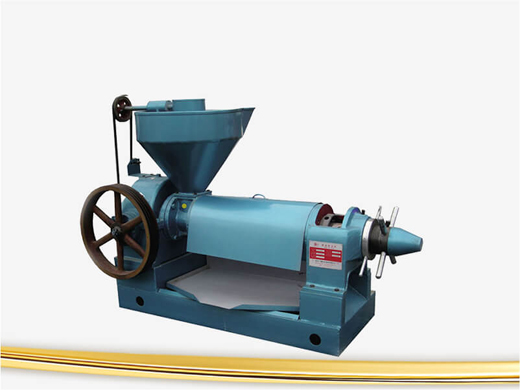
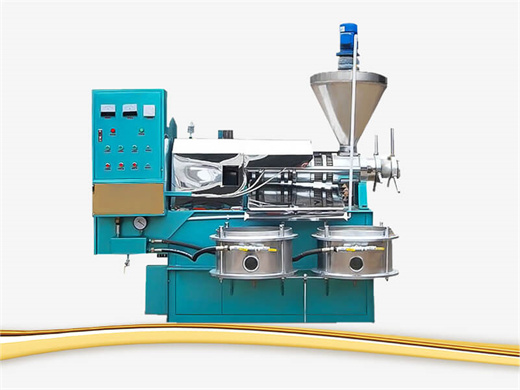

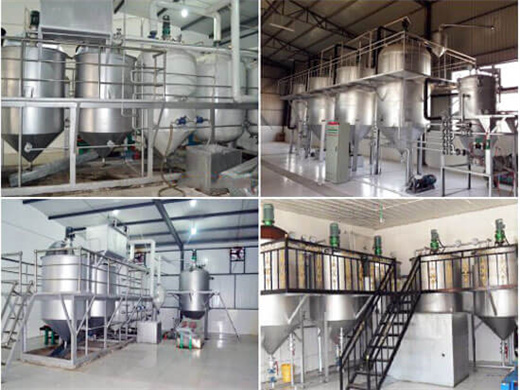
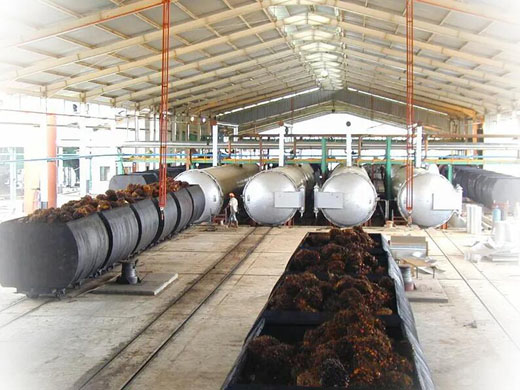
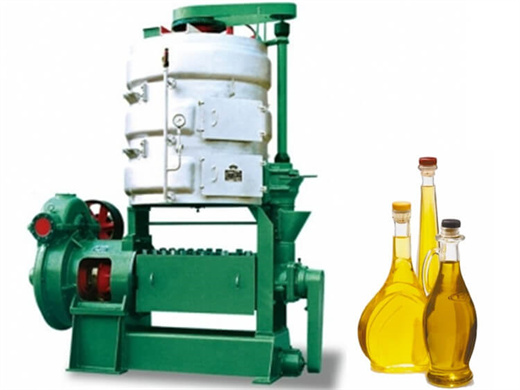
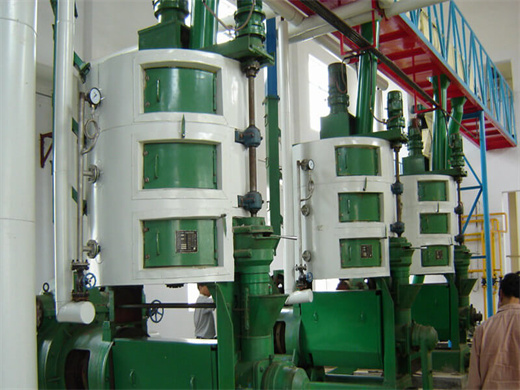
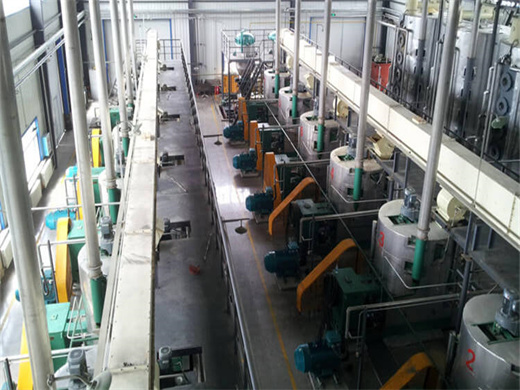




















REQUEST A QUOTE
Submit your enquiry, Our professional team will reply to you within one business day.Please feel free to contact us!